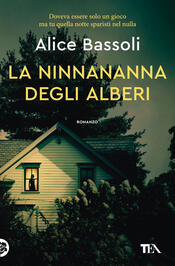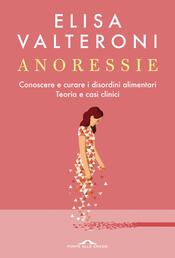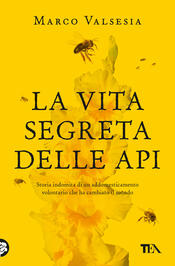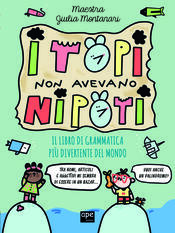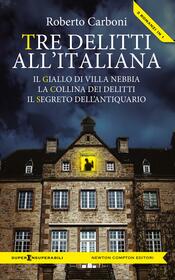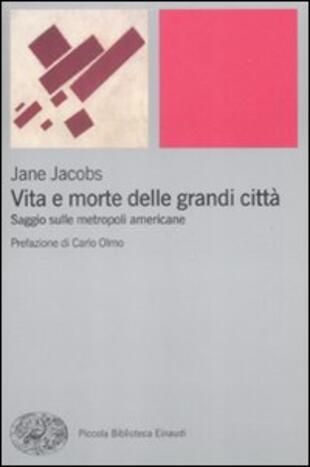

Sinossi
La programmazione urbanistica è davvero la soluzione per i problemi delie grandi metropoli? O non è piuttosto una prospettiva intellettualistica, viziata di utopismo, dimentica della natura concreta e del modo di interagire delle città reali? È la domanda chiave che Jane Jacobs si pone in questo libro, ormai un classico della sociologia urbana, che da sempre alimenta un dibattito tra difensori e oppositori della programmazione urbanistica. Di fronte alla pianificazione urbanistica, la Jacobs propone di verificare come le città funzionino nella vita reale. La prima parte del libro riguarda il comportamento sociale degli abitanti della città, la seconda studia il suo funzionamento economico; la terza prende in esame alcuni esempi di rigenerazione urbana, mentre la quarta propone i mutamenti da apportare alle tecniche degli alloggi e del traffico, alle impostazioni urbanistiche e architettoniche. In questo modo, i tradizionali principi urbanistici vengono rovesciati: all'ortodossia della disciplina la Jacobs preferisce i dati eterodossi di una misura umana, perché l'organismo reale della città deve valere più delle regole astratte. I pianificatori, invece, condizionati dai loro codici operativi e da una vera e propria ideologia avulsa dai fatti, finiscono per separare la progettazione dalle esigenze della comunità: si creano cosi degli squilibri che, aggravandosi, rischiano portare le metropoli alla morte.
- ISBN:
- Casa Editrice:
- Pagine: 426
- Data di uscita: 31-03-2009
Recensioni
This is a common assumption: that human beings are charming in small numbers and noxious in large numbers. I picked up this book immediately after finishing The Power Broker , and I highly recommend this sequence to anyone who has the time. The conflict between Robert Moses, czar-like planner of N
My favorite quotes from my re-read of this book last week (with city eye candy): On TRUST: "The trust of a city street is formed over time from many, many little public sidewalk contacts... Most of it is ostensibly trivial but the sum is not trivial at all." (p. 56)On PRIVACY: "A good city street nei Leggi tutto
I know some people who will balk at my 3-star rating, so I will explain myself. As a body of work, it is amazing and I adore Jane Jacobs. However, a good portion of this book still manages to be dull, despite being very important. (I can't help it!) I dig nonfiction, and I think 3 stars for a non-fi Leggi tutto
The Death and Life of Great American Cities was both a frustrating and an illuminating book. It was frustrating because it was long, and in many parts dull: I was yawning at 3 o'clock in the afternoon while drinking coffee and reading this. This book is a fabulous soporific and I recommend it heartil Leggi tutto
You know that feeling you get when someone expresses a political belief that you share, but explains the position using arguments that you find unavailing, anecdotal, or specious? That's what this book felt like. It was like de Tocqueville takes on modern American cities: inductive reasoning applied Leggi tutto
This is one of the most important books about cities ever written. It's what helps you understand why cities work, why they don't work, what makes a neighborhood, what destroys neighborhoods and how almost everything city planners and governments think matters, doesn't. Seth Roberts is probably the
An urban classic that remains applicable. Jacobs makes a strong case and repeats it over and over.
I hate to bust on a book that had such groundbreaking importance in city planning, but that was over 50 years ago and this book hasn’t aged well at all. The author relies way too much on anecdotal stories of her fictional Mr. Rogers Neighborhood, and not nearly enough on facts. Instead of this poorl Leggi tutto
Citazioni
Al momento non ci sono citazioni, inserisci tu la prima!








